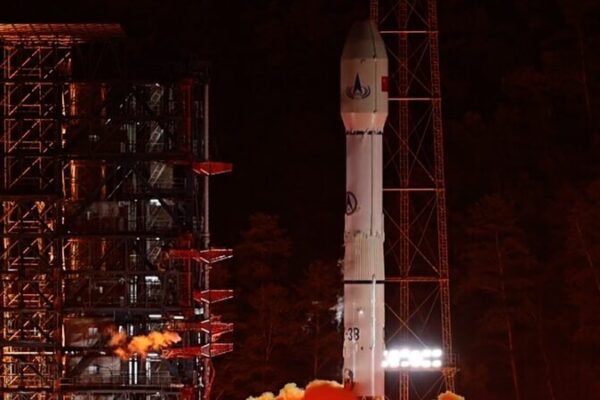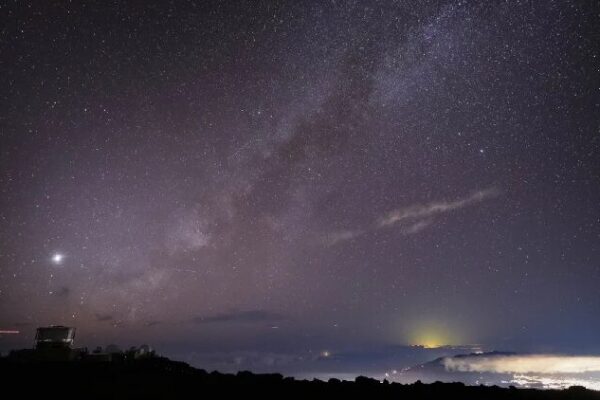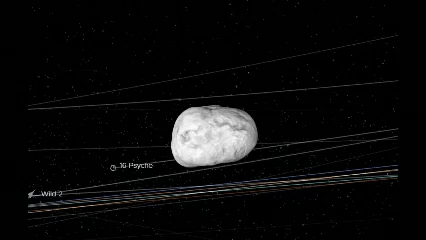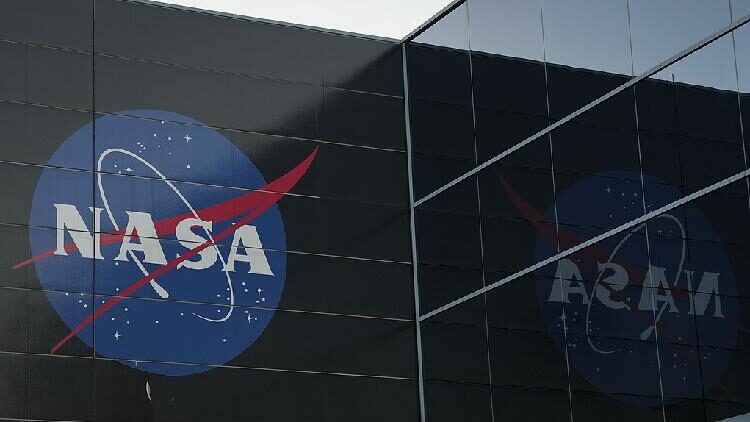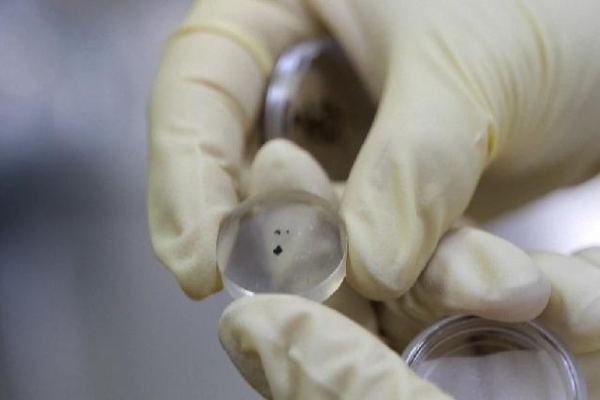Earth is saying goodbye to a tiny companion—a “mini moon” that’s been tagging along for the past two months. This small asteroid, known as 2024 PT5, is set to drift away on Monday, pulled by the stronger gravity of the sun.
But don’t worry, it will be back for a quick visit in January. Scientists at NASA are preparing to study the 10-meter space rock using a radar antenna, hoping to learn more about this mysterious object. There’s a chance it could be a boulder that was blasted off our own moon by an asteroid impact long ago.
Although it’s not technically a moon—since it was never fully captured by Earth’s gravity—it’s still an intriguing object worth studying. Astrophysicist brothers Raul and Carlos de la Fuente Marcos from Complutense University of Madrid have been observing its “mini moon” behavior with telescopes in the Canary Islands.
Currently, 2024 PT5 is over 3.5 million kilometers away and too faint to see without powerful equipment. In January, it will come as close as 1.8 million kilometers, which is almost five times farther than the moon. Even then, it will maintain a safe distance before it speeds off into the solar system, not to return until 2055.
First spotted in August, this asteroid began its journey around Earth in late September, following a horseshoe-shaped path influenced by our planet’s gravity. By the time it returns next year, it will be moving too fast—more than twice its speed from September—to stick around.
NASA plans to track 2024 PT5 for over a week in January using the Goldstone solar system radar antenna in California’s Mojave Desert. This will provide valuable data about the asteroid’s composition and trajectory.
Interestingly, current predictions suggest that when it visits again in 2055, the asteroid might once more make a partial lap around Earth. Until then, our mini moon will continue its journey around the sun, reminding us of the dynamic nature of our solar system.
Reference(s):
Earth's 'mini moon' may have been a chunk of our actual moon
cgtn.com

